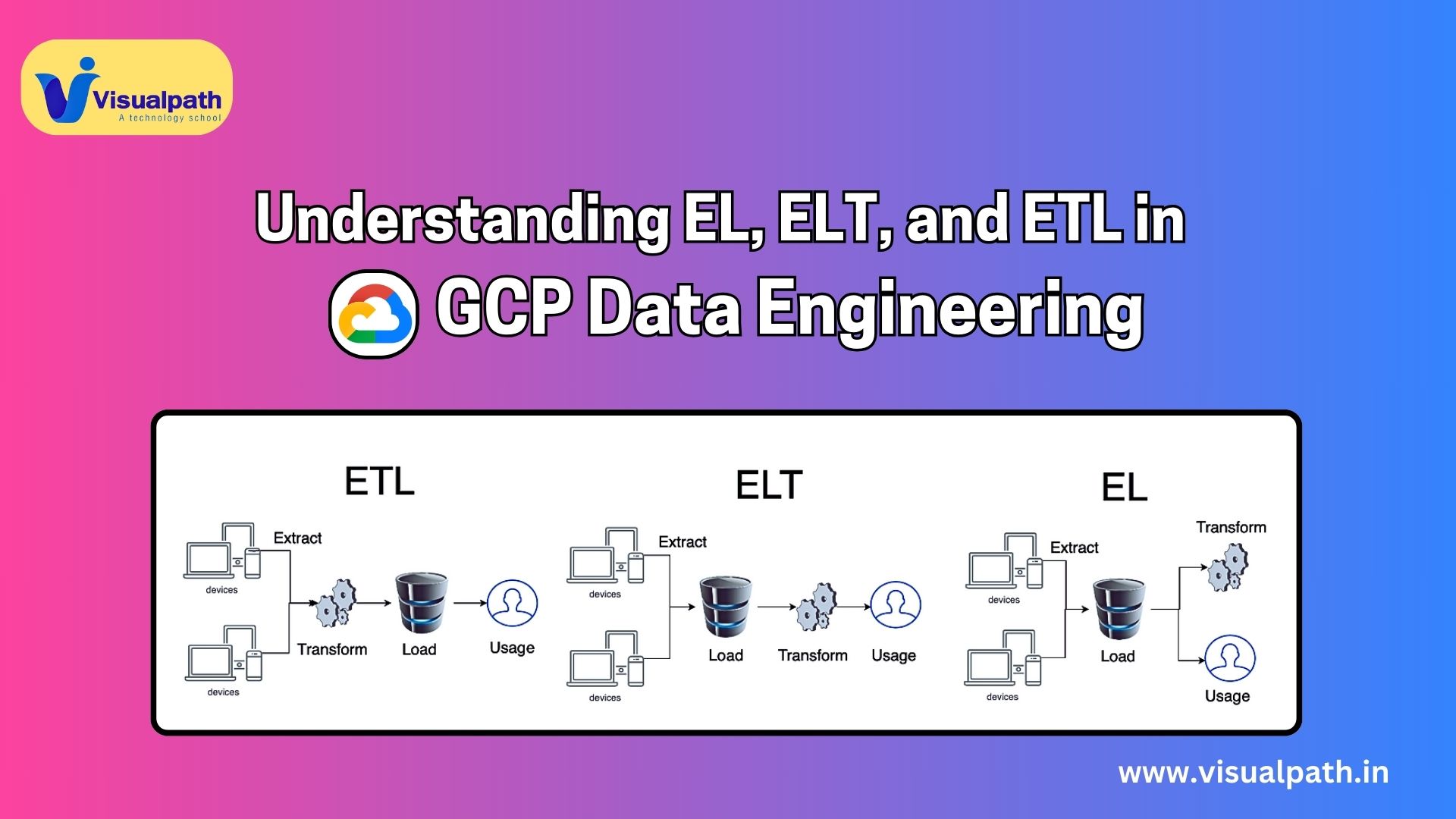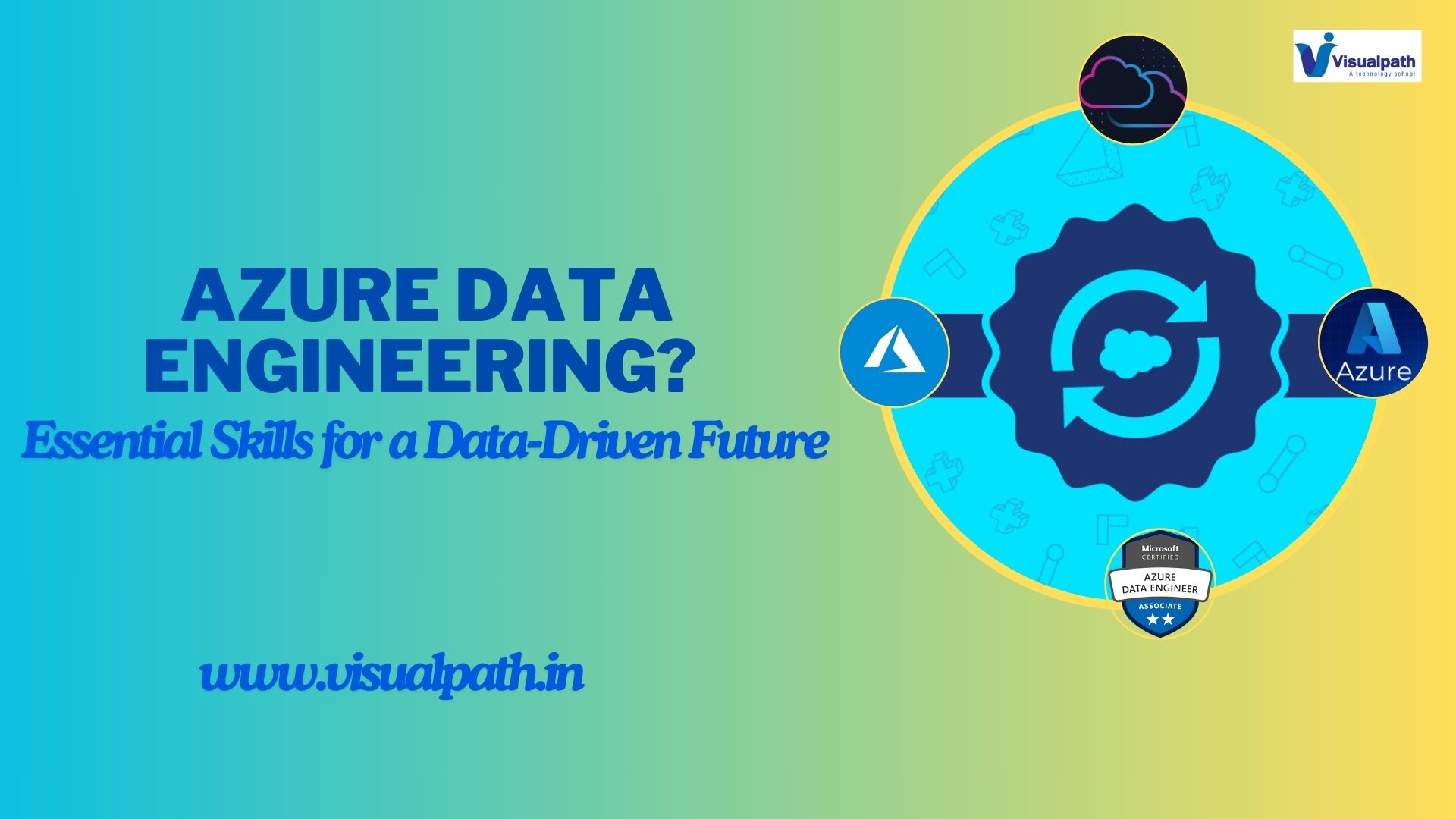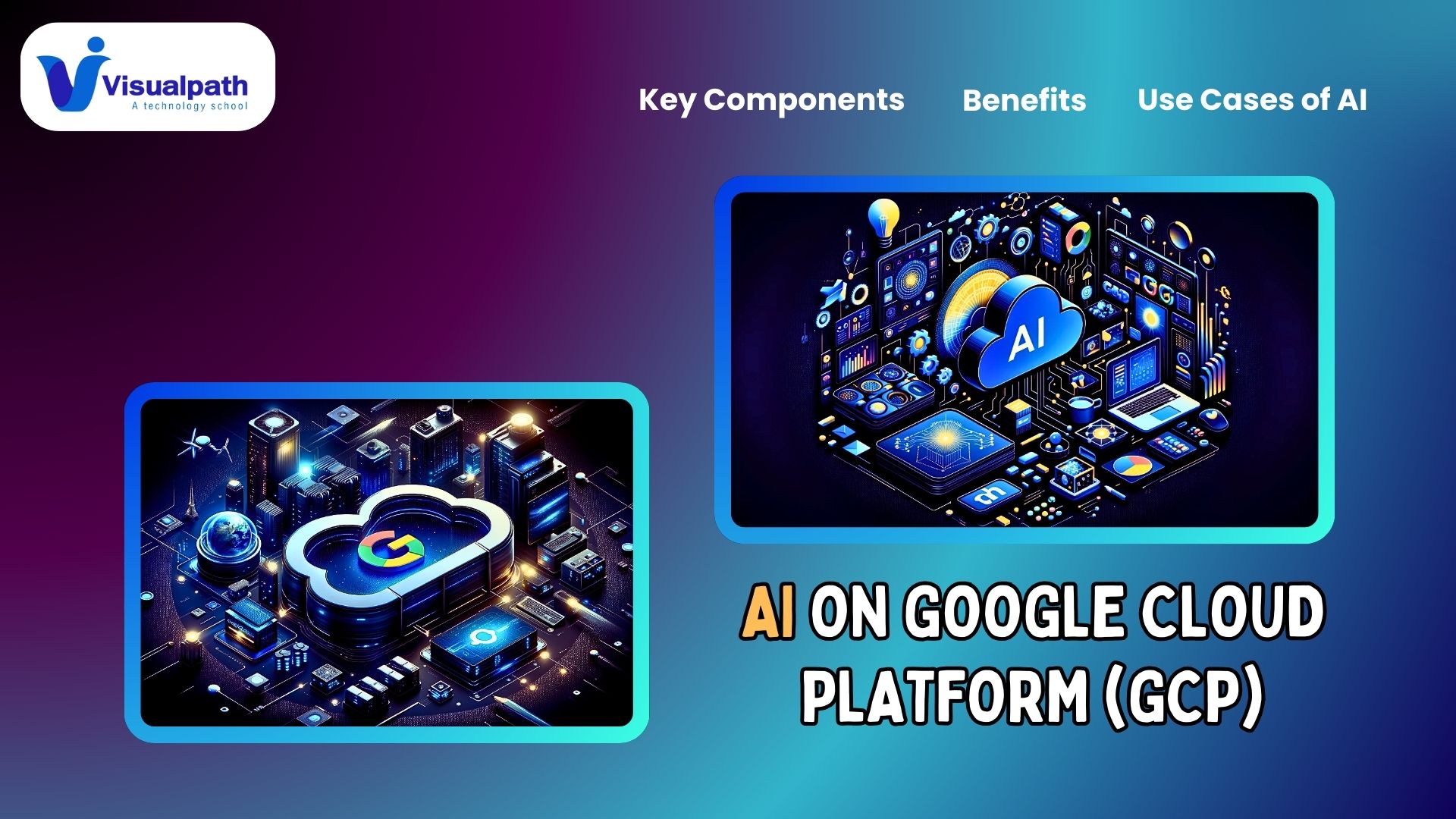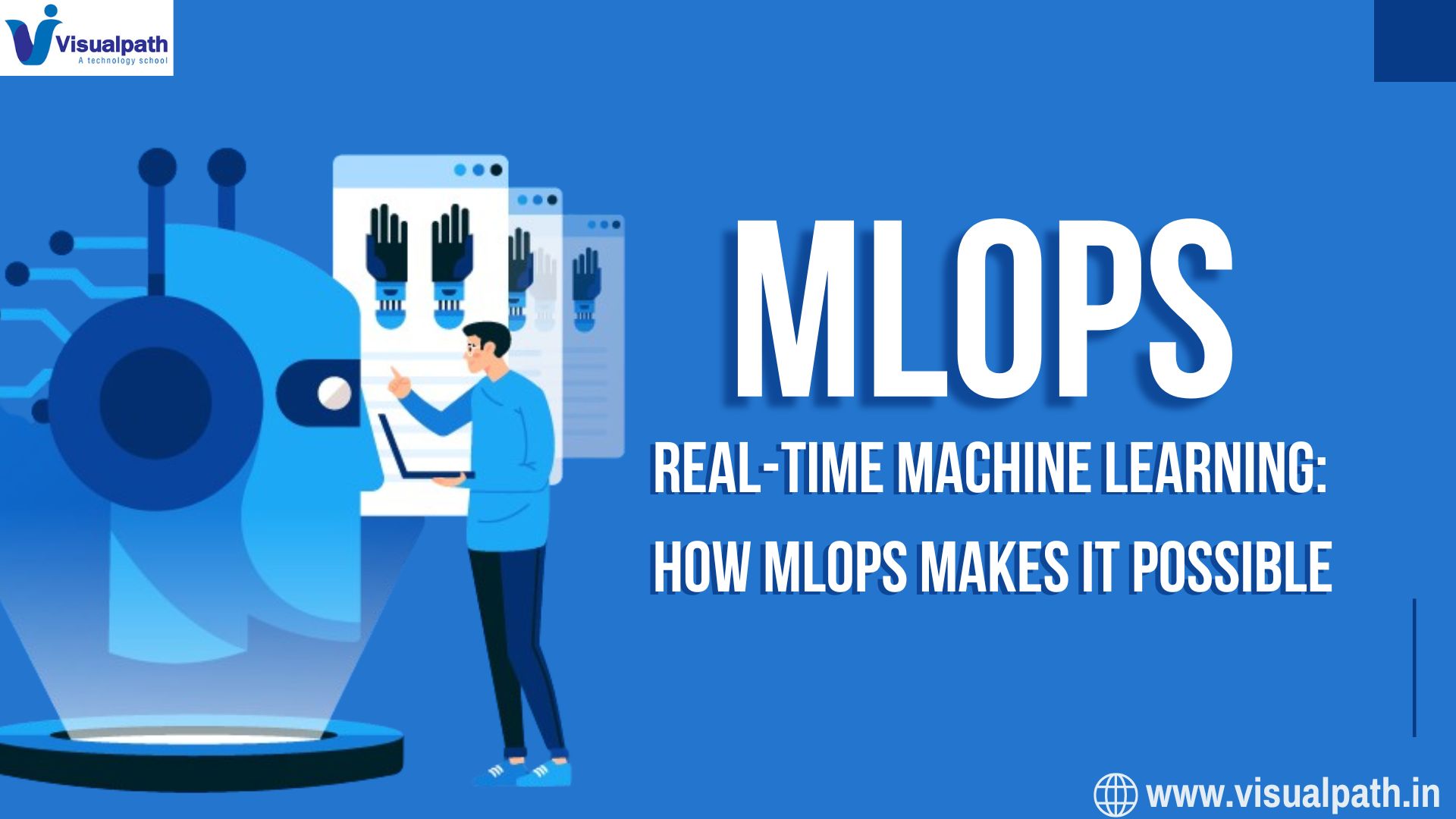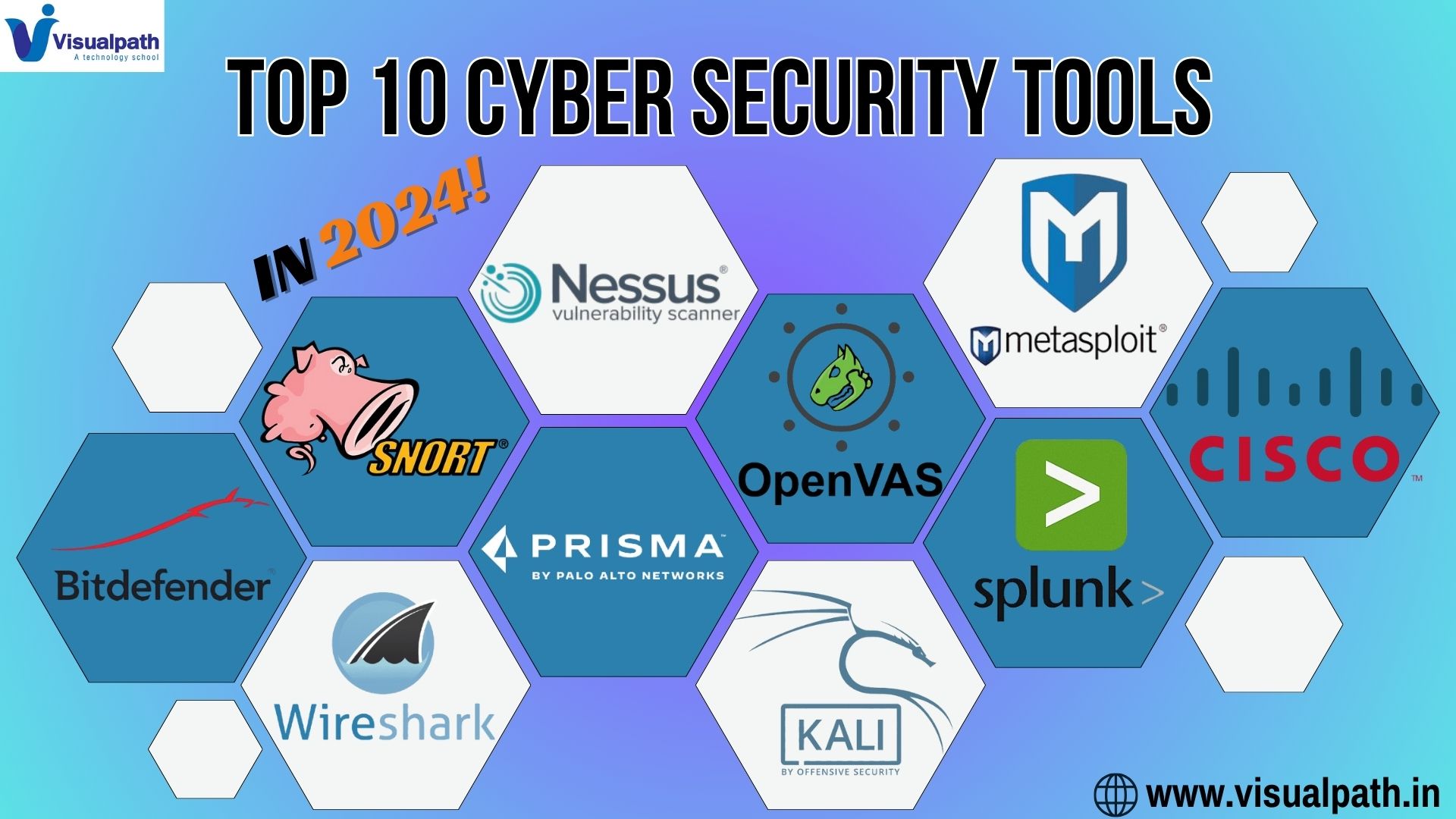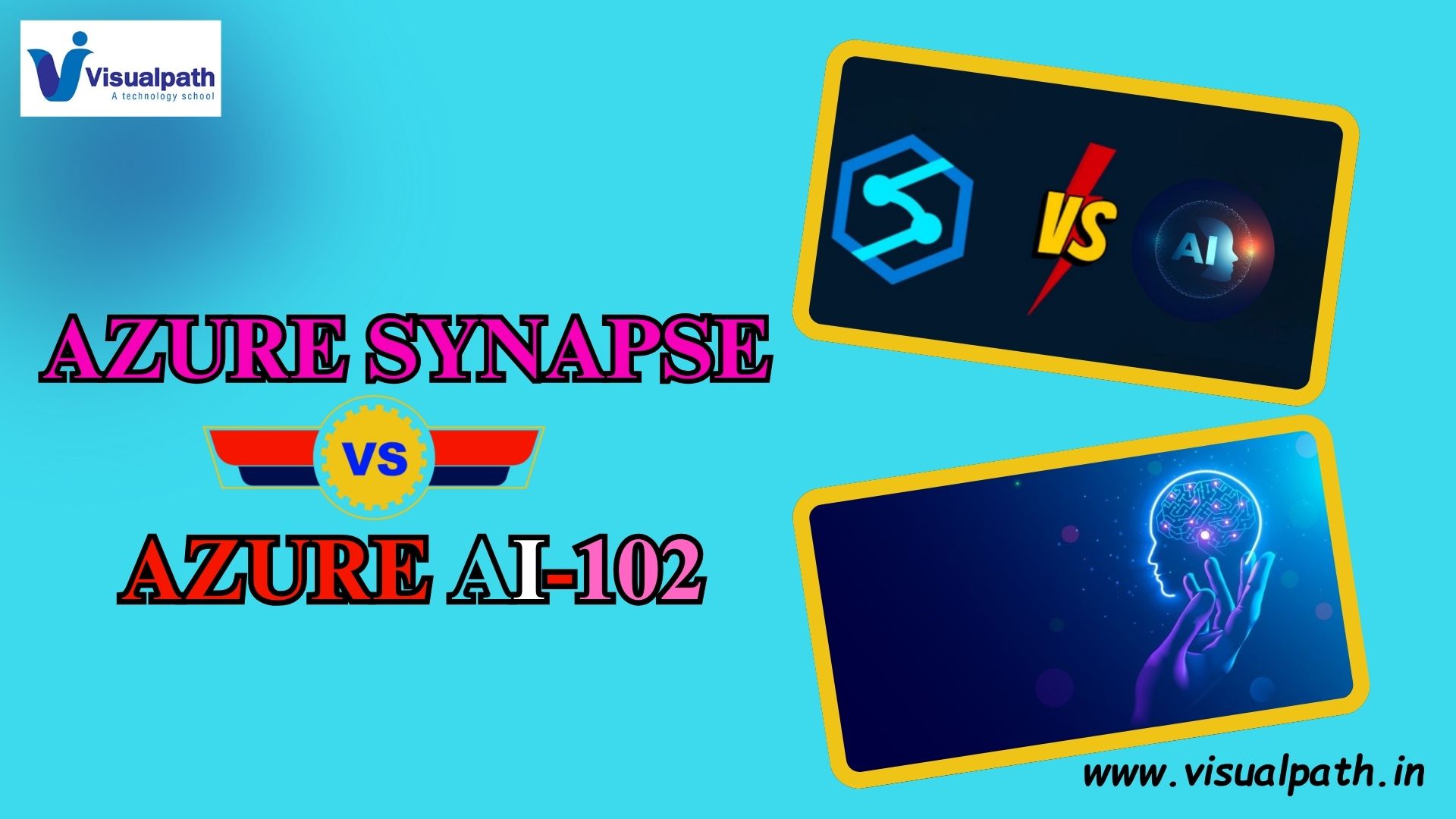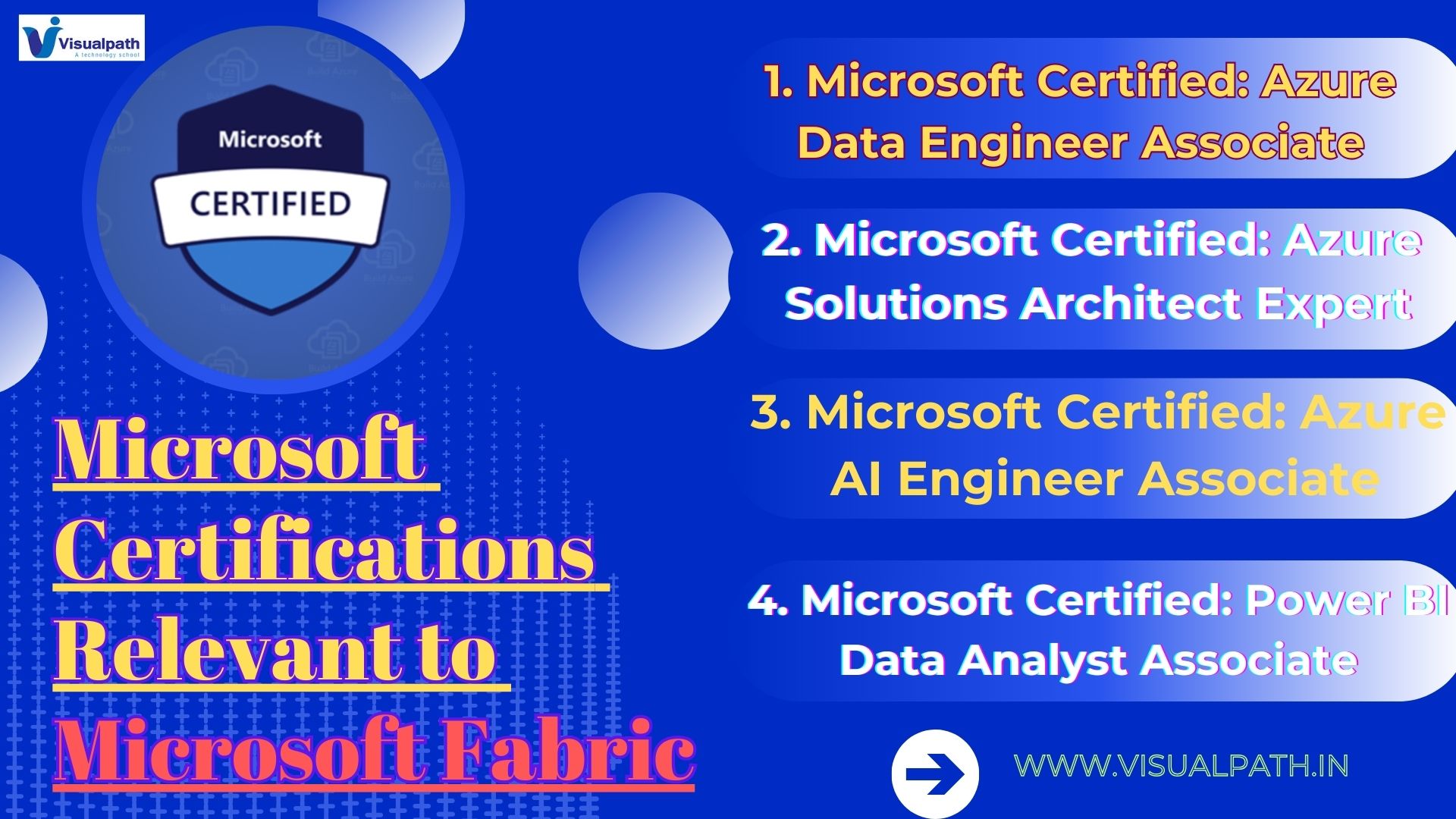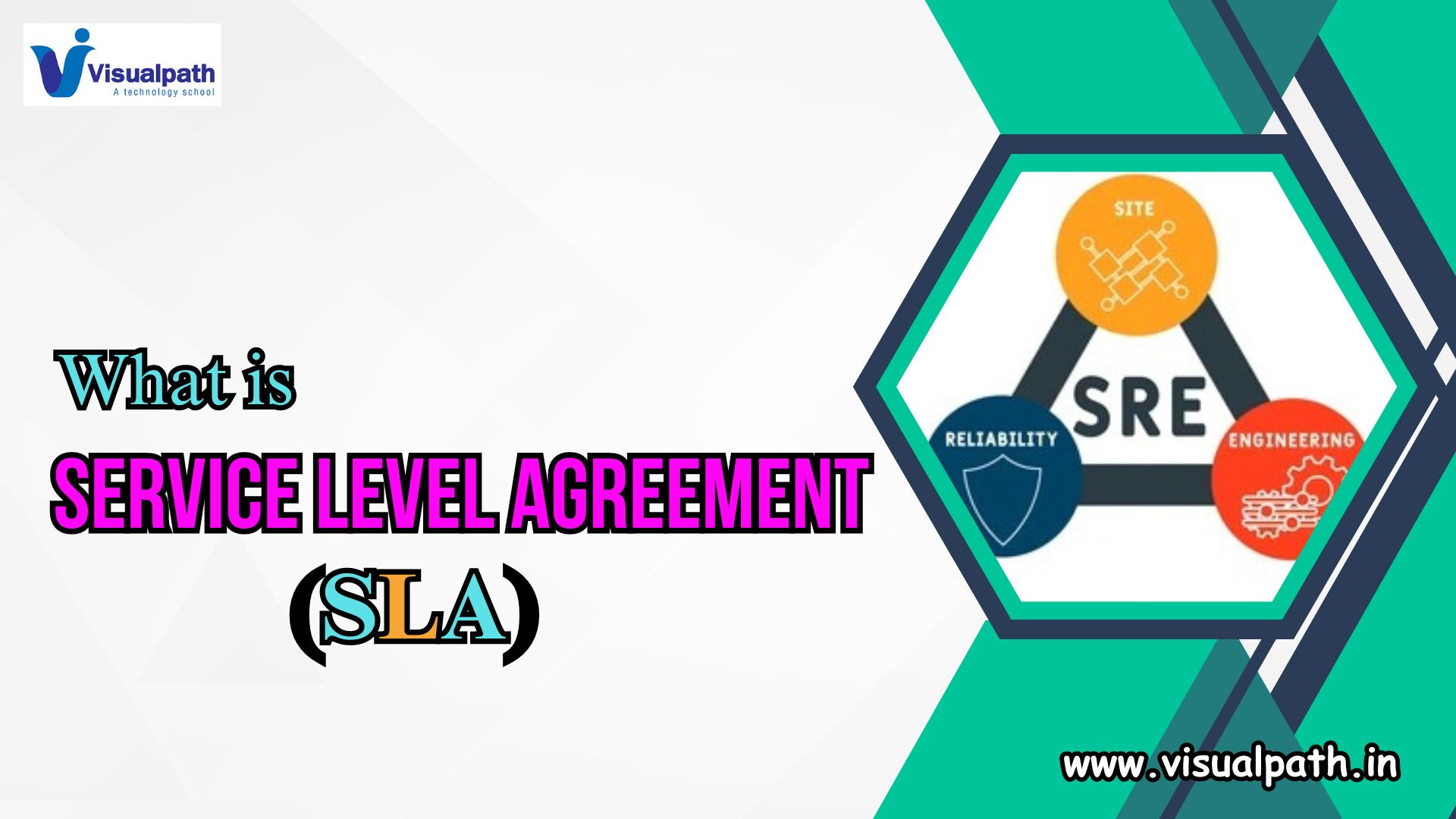Tag: software training
Understanding EL, ELT, and ETL in GCP Data Engineering
In the realm of data engineering, particularly when working on Google Cloud Platform (GCP), the terms EL, ELT, and ETL refer to key processes that facilitate the flow and transformation of data from various sources to a destination, usually a data warehouse or data lake. For a GCP Data Engineer, it’s important to understand the […]
Azure Data Engineering? Essential Skills for a Data-Driven Future
Introduction Azure Data Engineer Online Training has become a cornerstone for organizations looking to leverage data to drive business success. As businesses increasingly adopt cloud-based solutions, the role of data engineers in managing, transforming, and analysing data has gained critical importance. Azure Data Engineering offers a comprehensive set of tools and services, making it essential […]
What is AI on Google Cloud Platform GCP? | Key Components, Benefits
AI on Google Cloud Platform (GCP) Artificial Intelligence (AI) on Google Cloud Platform (GCP) refers to a suite of tools and services designed to help businesses and developers build, deploy, and scale AI-powered applications. GCP offers comprehensive AI and machine learning (ML) solutions that cater to various industries, from healthcare and finance to retail and […]
Real-Time Machine Learning: How MLOps Makes It Possible
Machine Learning Operations (MLOps) is key to the success of real-time machine learning in AI. It helps manage and deploy models efficiently, making it easier to turn experimental AI into real-time, scalable solutions. Real-time machine learning enables instant decisions from live data, crucial for fields like financial trading and autonomous driving. This article will explain […]
What are the Benefits of Prompt Engineering?
Introduction: Prompt engineering refers to the process of carefully designing input prompts to guide AI models in generating optimal responses. This technique helps fine-tune AI outputs, ensuring they are relevant, accurate, and aligned with user expectations. Prompt Engineering Training Improved Accuracy and Relevance of AI Outputs: One of the primary benefits of prompt engineering is […]
Top 10 Tools for Cyber Security You Must Know in 2024
Cyber security is more crucial than ever in 2024 as the threat landscape continues to evolve rapidly. Organizations and individuals must be equipped with the latest and most effective tools to protect their digital assets. These tools are essential for safeguarding sensitive information, securing networks, and ensuring the overall integrity of digital systems. In this […]
Difference Between Azure Synapse Analytics and Azure AI
Introduction: Microsoft Azure offers a wide range of cloud services that cater to different needs in data processing, analytics, and artificial intelligence (AI). Two of the most powerful services in this suite are Azure Synapse Analytics and Azure AI. While both are integral to modern data-driven businesses, they serve different purposes and are designed for […]
Microsoft Certifications Relevant to Microsoft Fabric
As the demand for data professionals continues to grow, Microsoft Fabric has emerged as a powerful, unified data platform that integrates various tools and services such as Data Factory, Synapse, and Power BI. For professionals looking to validate their skills in Microsoft Fabric, obtaining relevant Microsoft certifications is a strategic move. Microsoft Azure Fabric Training […]
Advanced MLOps: Techniques for Optimizing AI Deployments
Introduction Machine learning (ML) into business operations has transitioned from a novel capability to a critical necessity for staying competitive. As more organizations deploy machine learning models, the need to optimize these deployments becomes increasingly important. Advanced MLOps (Machine Learning Operations) is a set of practices designed to enhance the efficiency, scalability, and reliability of […]
What is a Service Level Agreement (SLA)?
Introduction: Service Level Agreement (SLA) is a formal, negotiated contract between a service provider and a client that defines the specific services to be delivered, the performance standards expected, and the responsibilities of both parties. SLAs are common in various industries, particularly in IT services, cloud computing, telecommunications, and managed services. The primary purpose of […]

